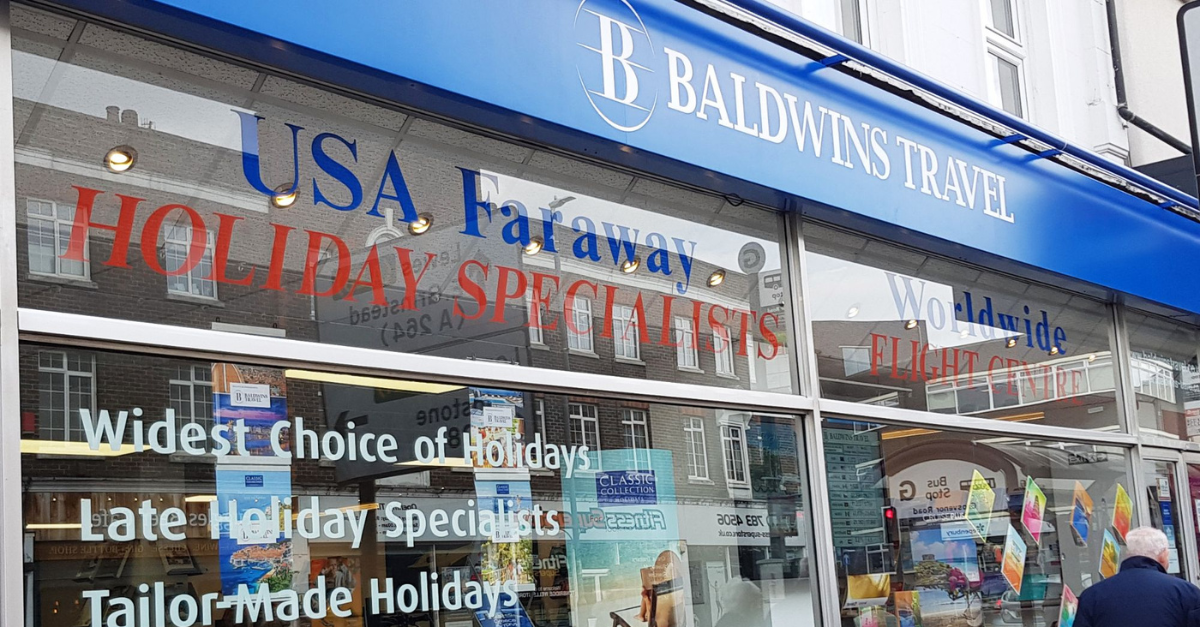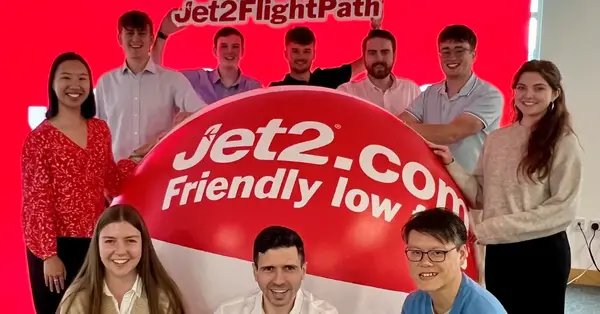You are viewing 1 of your 2 free articles
Comment: Talk of M&A activity is on the rise
Over the past two weeks I have attended both the Abta finance conference in London and ITB in Berlin. One of the most common subjects that came up at both events was mergers and acquisitions – otherwise known as MA.
The amount of MA activity in travel has become one of the barometers by which we gauge how well the travel industry is doing. The more transactions we see, the more comfortable we feel about our industry. Simply put, if a private equity firm is willing to invest in businesses in the sector, travel must be doing well as a whole.
But MA happens for a number of reasons, and not only when private equity firms see a successful business, grow it, and facilitate an exit for a larger sum. (NB: I’m aware that I’m making that particular process sound far simpler than it is! For a detailed explanation of the sales process, check out this article from Firebird’s Stewart Lambert).
MA can be a gateway to new markets
The “mergers” part of MA is sometimes down to businesses realising they would be stronger if working collaboratively. The process then enables teams and companies to benefit from economies of scale, sharing ideas and growing more quickly together than they could alone.
Another reason to consider MA in travel can be as a gateway to new markets or customer segments. For example, a company which specialises in luxury travel can acquire a company that caters to budget-conscious travellers, and thus expand its customer base significantly in one deal. Similarly, MA can enable companies to acquire new technology or capabilities that they may not have otherwise been able to develop solo.
Increased competition can drive MA in the travel industry too. When more companies enter the sector, and existing companies expand their offerings, the market can become crowded and intense. In this climate, MA helps companies stay ahead of competitors by providing them with a new wave of resources and capabilities.
MA can have many rewards
Many businesses choose to grow organically – and spontaneous development continues to be their focus. Directors who want to achieve accelerated growth, however, and/or have solid visions for future success, may find MA an attractive option with many rewards.
Of course, MA is not without its challenges. Integrating two companies can be complex and time-consuming, and cultural differences often need to be addressed. Additionally, MA can be expensive to implement. Companies must therefore carefully evaluate whether the benefits of the merger or acquisition will really outweigh the costs – a decision that is nearly always best made with objective, external advice at hand.
In short, the process requires careful planning and execution to be effective. That said, the potential for a positive outcome is there – and can be well worth pursuing.


















